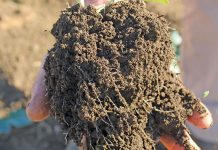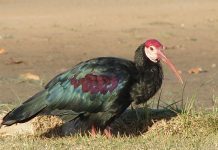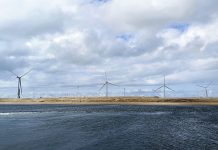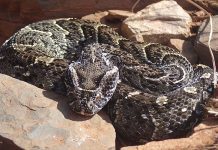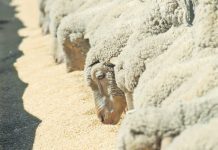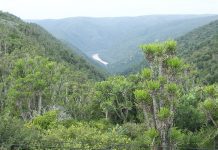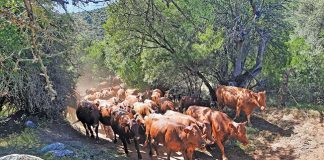A farmer development project involving collaboration between universities, the department of agriculture and the Industrial Development Corporation (IDC) is starting to prove successful for emerging cattle farmers in seven provinces.
Launched seven years ago, the Nguni Cattle Development Project involves the establishment of registered Nguni cattle herds in communal villages over a period of five years. It is currently running in Mpumalanga, Limpopo, North West, Free State, Eastern Cape, Northern Cape and KwaZulu-Natal.
In each province, the department of agriculture is partnered with a university, namely the University of Fort Hare (Eastern Cape), the University of Limpopo (Limpopo and Mpumalanga), the University of the Free State (Free State and Northern Cape), the University of Zululand (KwaZulu-Natal) and North West University (North West).
According to the IDC’s Tommy Mohajane, the universities are responsible for providing management and technical support to farmers, as well as handling the administrative work. To qualify for the project, farmers must have sufficient land to accommodate cattle numbers at recommended rates, explained Mohajane.
Applicants must also be in possession of certified proof indicating ownership, lease-right or use-right of the land. “Leases should be of no less than five years,” said Mohajane. In addition, farmers must adhere to the project’s rules, which include ensuring that livestock is managed in a controlled environment and supervised daily.
After five years, the beneficiary must return the cattle loan to the project’s herd. Cedric Mojapelo, Limpopo’s project manager, said the project was launched there in 2006, and implemented in 2007. “We have 38 sites in different districts,” he added, noting that beneficiaries are individuals, community trusts and co-operatives.
In the first year, the project gave 20 Nguni cows and a bull to each beneficiary, he explained, adding that the amount of cattle given out on loan has since increased to 30 cows and a bull. The Limpopo project managed to build a total herd of 4 400 cattle of which 2 800 cows and calves have been loaned out. To date, the procurement of animals in Limpopo has cost more than R13,7 million, he added.
Andrew Mathe, North West project leader, said the province has 43 sites already. The project has distributed about 989 heifers and 43 bulls to beneficiaries since its inception and the procurement cost has been more than R11 million. The combined herd established at all sites is about 2 840, he added.

